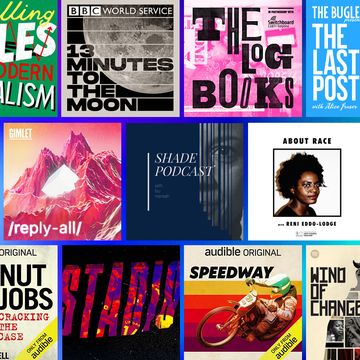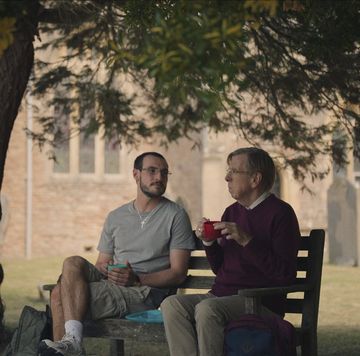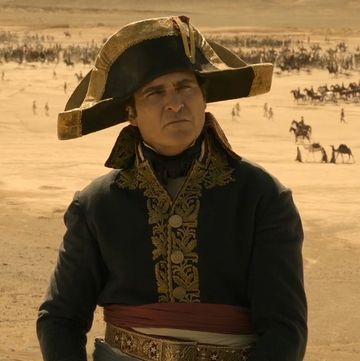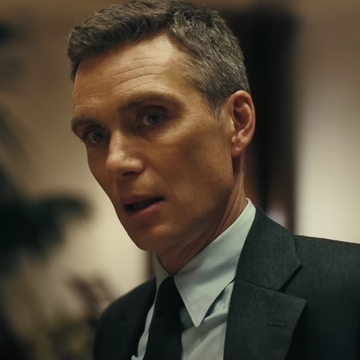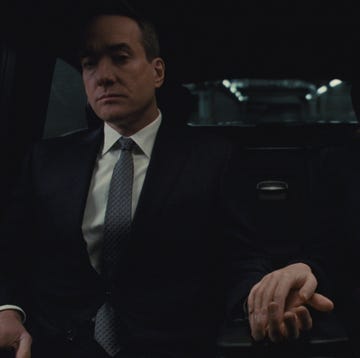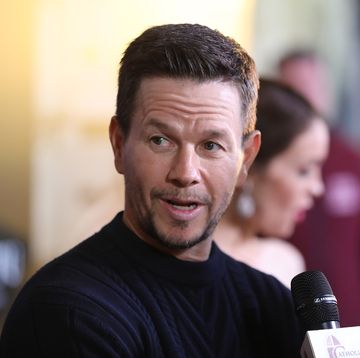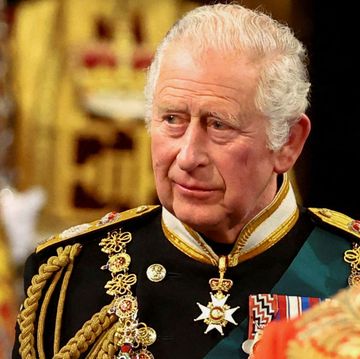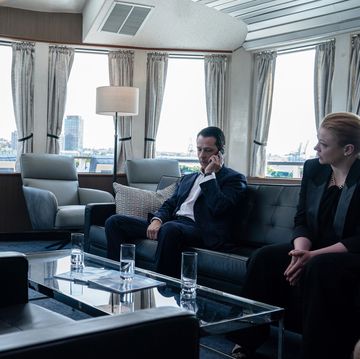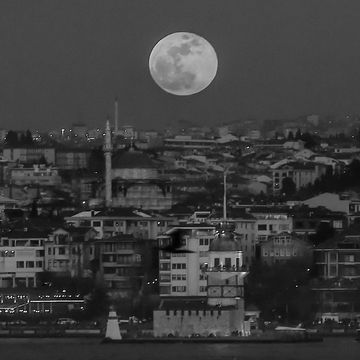On 14 may 1938, the England football team played Germany at the Olympic Stadium in Berlin. It was five years into Adolf Hitler’s rule of the country, just two months since the German annexation of Austria. Prominently positioned in the crowd of 110,000 were Rudolf Hess, Joseph Goebbels and Hermann Goering. As the German national anthem played before kick-off, the England players lined up and raised their arms in a Nazi salute. The order for them to do so had come from the Foreign Office, which claimed to be acting in the interests of Anglo-German relations; this, our schoolboy history reminds us, was the period of appeasement of Hitler, under Neville Chamberlain.
The players had protested against the idea before the match, it’s said, but been overruled. They did what they were told, as footballers, for the most part, still tend to do. The blame lies not with them, not really, but with those who allowed them to be used as high-profile pawns in a geopolitical game that deliberately legitimised a regime that — while not yet in the full maturity of its grotesque degradation — was already well on its way to levels of barbarism rarely previously imagined.
The only possible message that could be taken from this display of respect and friendship to the German government (this was a “friendly” match, after all): if Stanley Matthews and his teammates think it’s OK to play with Nazis, to “Heil Hitler”, then why shouldn’t every other reasonable English man, woman and child? It was a propaganda coup. The England players, willing or unwilling, were its stars.
World Cup fever started early in my house, this year. This was thanks to our resident five-year-old football fanatic, who talks of little else but England’s chances against Belgium in Kaliningrad on 28 June. Slim to none, I’ve warned Oscar, but he hasn’t yet been through the endless cycle of hopes idiotically raised and then bathetically dashed; he believes in the power of Harry Kane — who is, as he points out, almost as good as Kevin de Bruyne.
“Daddy?”
“Yes, Osc?”
“How many days is it until the twenty-eighth of June?”
“Er, let me see, Osc… 67?”
“So yesterday it was 68 and tomorrow it’ll be…”
“66, yes.”
“Daddy?”
“Yes, Osc.”
“’66 is when England won the World Cup.”
“You’re right! It was. But don’t take that as an omen.”
“Daddy?”
“Yes, Osc.”
“What’s an omen?”
The wallchart went up in mid-April, with its delightful centrepiece of Cristiano Ronaldo captured mid-orgasm, having presumably just scored a goal, or possibly caught sight of himself in a mirror. It’s not positioned in some out of the way corner of his bedroom, but — to the quiet consternation of his mother and his older sister, who are less persuaded by the attractions of the beautiful game, and the Portuguese popinjay’s gurning visage — downstairs, by the back door, in full view of all of us, all the time.
The Panini album — you know they hand these things out for free, like a crack dealer offering complimentary samples near the school gates? — is separated from its staples already, thanks to Oscar’s constant flicking of its pages. I’m in the hole for hundreds of pounds in stickers — and we still haven’t had a sniff of the man Oscar refers to, very properly, as “Neymar Jr”. (Got about eight Eric Diers, though, if anyone’s in the market for swaps.)
Oscar’s love for football is pure: he sees drama, colour, excitement, adventure, triumph and disaster, and larger than life characters performing dazzling feats of almost impossible skill and daring. To coin a cliché, what’s not to love?
He knows the World Cup is taking place in Russia, and as a result of that he can pronounce Kaliningrad and even Nizhny Novgorod: we’re playing Panama there, on 24 June, he tells me, having once again consulted the all-knowing Panini. Previously, his knowledge of Russia was limited to the fact that it is very big and very cold and has been in some wars — sometimes on our side, sometimes not. (He’s very interested in wars.)
I’ve told him that Russia has produced some of the most amazing writers and artists and musicians and that it has an astonishing history, rich in drama, colour, excitement, adventure, triumph and disaster, all that stuff he likes. And he is impressed by this, a bit, as much as you can be if you’ve no real idea what a grown-up is boring on about and you just want to get back to your football stickers.
The truth is, Russia is one of those countries that’s harder to get a grip on, if you’re five (or, indeed, 45) than the places Oscar is already sold on, like Italy — pizza, ice cream, Ferraris — or America — superheroes, hamburgers, Michael Jackson. (Massive Jacko fan; I blame the parents.)
Would he like to go to Russia? He would. Why? To watch the World Cup, silly. Yes, but otherwise? Otherwise he’d rather go to Africa (lions), or India (tigers), or Brazil (rainforest), or Italy (reasons listed above) or France (Disneyland) or Japan (Disneyland) or America (reasons listed above, plus Disneyland). Russia? Far down the list.
You are aware of the difference between hard and soft power. The present Russian government uses both. It invades sovereign states, sponsors the gassing of Syrian children and assassinations by poisoning on British soil. At home it jails critical journalists and political opponents, or worse. It holds sham elections. Also, it throws fun sporty parties that kids and their mums and dads can enjoy together, most likely from afar. Like Sochi 2014 and Russia 2018.
There’s nothing new here. Despots are keen on soft power, as well as hard power. They always have been. And the World Cup, like the Olympics, has always been there, to help them out.
The Olympics, famously, was there for Hitler in 1936. The World Cup had been there for Mussolini, two years earlier, when the Italians won at home, and again in 1938, when the Italians won again, in France. Italian football as we know it today was basically invented by the fascists, as a propaganda tool.
The World Cup was there for the murderous military junta in Argentina in 1978 — the focus of Will Hersey’s excellent piece, on page 86 of this month's magazine. That was a shameful episode in the history of the world’s favourite sport, but for some reason the world’s favourite sport does not seem ashamed. Which is how the World Cup comes to be in Russia, this time. It’s there for Vladimir Putin, just when it suits him most. And it will be there again, in 2022, for the rulers of Qatar, to help them distract us from their delightful record on human rights.
The England team didn’t go to Italy in 1934. Not for moral reasons. We were in dispute with the body that then organised it. We didn’t go to Argentina in 1978, either. Again not for moral or political reasons. We didn’t have the opportunity to register a protest then. We hadn’t qualified. We were too crap. (Four years later, Britain registered a different kind of protest at the junta, by going to war with them over the Falklands.)
It won’t happen, it will never happen, but this time we do have an opportunity not to repeat the mistakes of the past. We could not go. We could boycott. This would not be the English FA “politicising sport”. In the sense that it has been used as a weapon of soft power, sport has been politicised since the Greeks. Fifa has politicised the World Cup, consistently, by allowing repressive regimes to stage it. Instead we would be reacting to its politicisation. It’s been said that such a boycott is a pathetic response to Putin’s criminality, and that he won’t care a jot if we don’t turn up. It’ll be our loss, the loss of football lovers everywhere, not his. But cultural and sporting boycotts are deeply shaming to the regimes whose policies they explicitly protest.
However, since it’s true that a World Cup without England might not be, if we’re honest, considered such a great loss to the competition, we could lobby others to join us. Italy and Holland are out already. But imagine a World Cup without them, and England, plus Germany, France, Spain, Brazil and Argentina.
As I say, it’s not going to happen. Instead, our formal protest is to announce that Prince William, as president of the FA, won’t go to Russia. Worse still, for Putin, no British government ministers will attend. Honestly, how will the world’s football fans manage without them? Talk about taking the shine off the whole tournament. One can only imagine the howling gales of laughter that swept through the corridors of the Kremlin as Theresa May outlined this uncompromising approach to international diplomacy.
Of course, our Oscar and many millions like him would be gutted if the World Cup didn’t happen. But I’m hopeful that when, years later, he came to understand the reasons why he was denied the thrill of watching us being taken apart by de Bruyne and Eden Hazard and the rest of them — the fact that kids his own age in the Middle East are being killed with their families — he might feel a tiny bit proud of that.
England won that match in Berlin in 1938, by the way. It was 6–3. You don’t need a five year old to tell you that that is the precise definition of a hollow victory.


